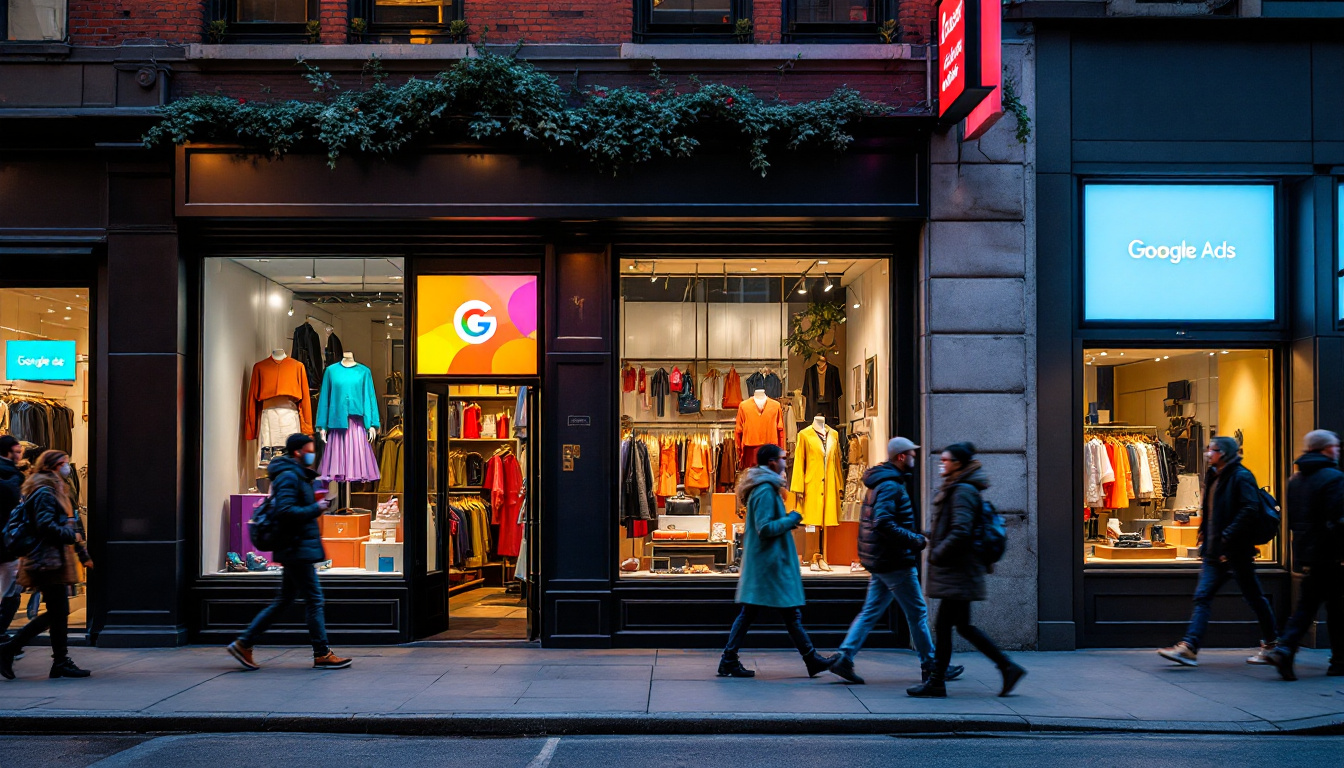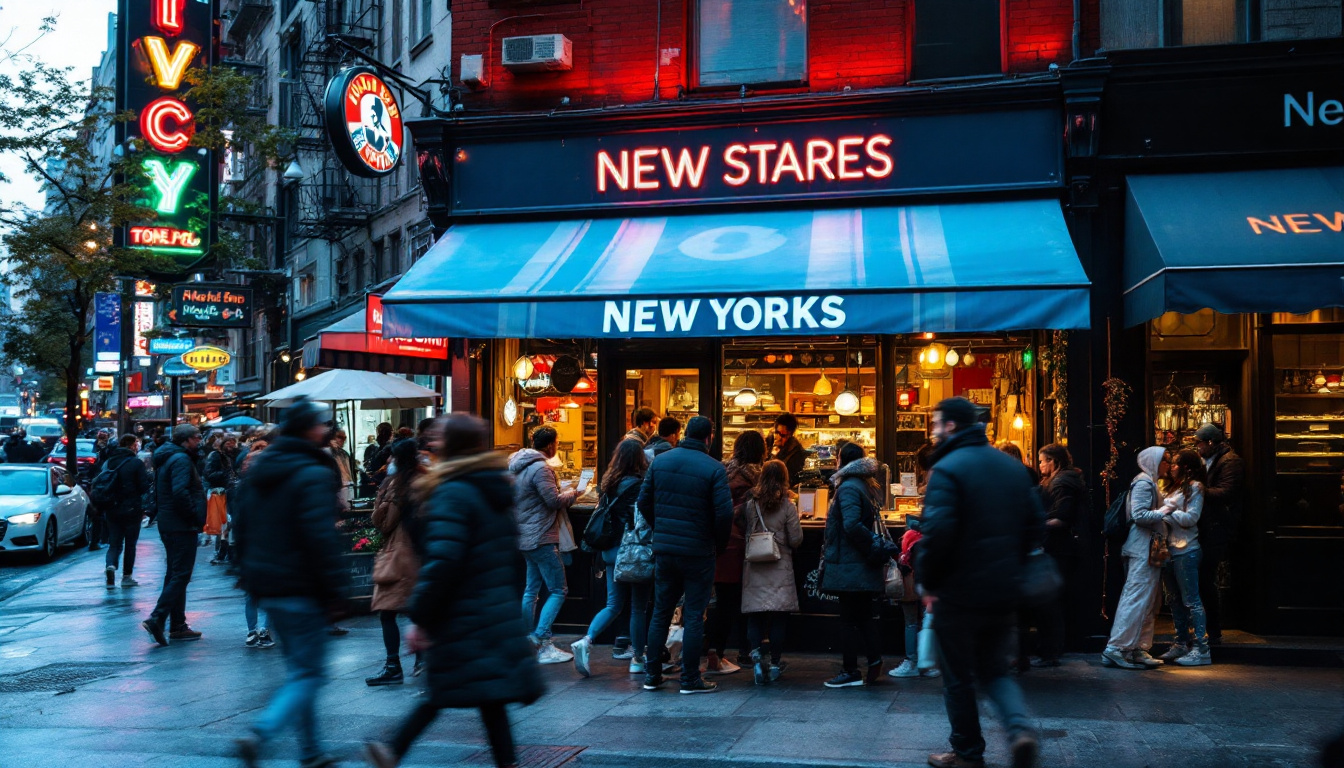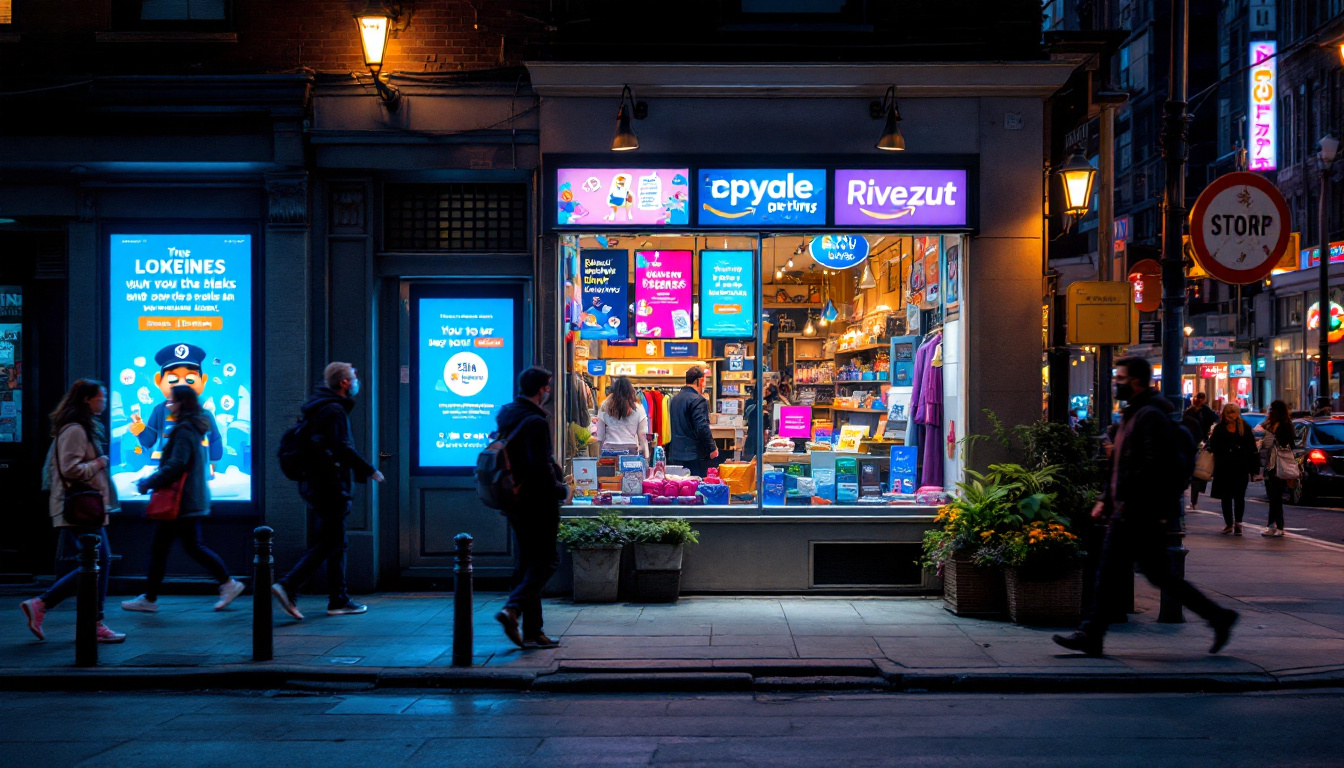Top PPC FAQs Answered for New York, NY Businesses

Pay-per-click (PPC) advertising has become an essential strategy for businesses aiming to enhance their online presence and drive traffic to their websites. In a bustling marketplace like New York City, understanding PPC can be crucial for local businesses. This article will address the most frequently asked questions about PPC to help you navigate its complexities.
What is PPC and how does it work?
PPC, or pay-per-click advertising, is a model of internet marketing in which advertisers pay a fee each time one of their ads is clicked. Essentially, it is buying visits to your site rather than attempting to earn those visits organically. In this competitive digital landscape, PPC can provide immediate results and greater visibility.

The process of PPC works by selecting a keyword that is relevant to your business. Advertisers create ads that will appear when users search for these keywords. When users click on the ad, they are directed to your website, and you pay the platform, whether it's Google Ads, Bing Ads, or another service, a fee for that click.
Various factors determine how much you pay per click, including the quality score of your ad, bidding strategy, and competition for the chosen keywords. Optimizing ads, choosing the right keywords, and targeting the correct audience segments can all reduce costs and improve conversion rates.
Understanding the Components of PPC
When setting up a PPC campaign, several components come into play:
- Keywords: The terms users type into search engines that trigger your ads.
- Ad Copy: The content of the ad that persuades potential customers to click.
- Landing Pages: The webpages where users arrive after clicking on your ad.
- Bidding: The amount you're willing to pay for each keyword click.
By mastering these elements, businesses can run effective PPC campaigns tailored to their audience's needs and behaviors. Additionally, it is crucial to continually monitor and analyze the performance of your PPC campaigns. This includes tracking metrics such as click-through rates (CTR), conversion rates, and return on ad spend (ROAS). By understanding these metrics, advertisers can make informed decisions about adjusting their strategies, reallocating budgets, or even pausing underperforming ads to optimize overall campaign performance.
Furthermore, the landscape of PPC advertising is constantly evolving, with new features and tools being introduced regularly. For instance, platforms like Google Ads have incorporated machine learning algorithms to help advertisers optimize their bids and targeting more effectively. This means that even small businesses with limited budgets can leverage advanced technology to compete with larger companies. Staying updated on these changes and trends is essential for maximizing the effectiveness of your PPC efforts and ensuring that your advertising dollars are well spent.
Why is PPC important for local businesses?
PPC is particularly vital for local businesses in New York, NY, due to the highly populated and competitive environment. With numerous businesses vying for the attention of the same target audience, PPC provides a chance to stand out through targeted advertising.
One significant advantage of PPC for local businesses is the ability to select which geographic areas your ads will appear in. This feature means you can reach customers in specific neighborhoods or boroughs, ensuring your advertising budget is spent effectively. For instance, a coffee shop in Brooklyn can target ads specifically to residents in that borough, maximizing the likelihood of attracting local customers who are more likely to visit the shop regularly.
Moreover, PPC campaigns can be enhanced with local extensions, which add important information to your ad, such as your address and phone number. This not only increases visibility but also encourages customers to reach out or visit your physical location. Local extensions can also include links to specific pages on your website, like menus or special offers, which can further entice potential customers to engage with your business.
The Benefits of Using PPC for Local Visibility
Incorporating PPC into your marketing strategy offers numerous benefits for enhancing local visibility:
- Immediate Traffic: Unlike SEO, which can take time, PPC can drive instant traffic to your site.
- Targeted Audience: Focus on specific demographics, interests, and locations.
- Enhanced Brand Awareness: Frequent exposure increases familiarity and trust with potential customers.
- Measurable Results: Track your ad performance through various metrics, allowing for quick adjustments.
Additionally, PPC allows local businesses to experiment with different ad formats and messaging to see what resonates best with their audience. For example, a local gym might run ads showcasing a limited-time offer for new memberships, while a boutique might highlight a seasonal sale. By analyzing which ads perform best, businesses can refine their strategies to maximize return on investment. Furthermore, the ability to set a budget allows local businesses to control their spending, making PPC a flexible option that can adapt to changing market conditions or seasonal trends.
Another compelling aspect of PPC is its integration with social media platforms. Local businesses can leverage platforms like Facebook and Instagram to create visually appealing ads that target users based on their interests and behaviors. This not only enhances the reach of their campaigns but also allows for creative storytelling that can engage potential customers on a more personal level. By combining the immediacy of PPC with the visual appeal of social media, local businesses can create a powerful marketing strategy that drives both online and foot traffic.
How to select the best PPC platform?
Selecting the right PPC platform is crucial for the success of your campaigns. There are many platforms available, including Google Ads, Bing Ads, and social media platforms like Facebook and Instagram, each with unique features and benefits.
When choosing a platform, consider your target audience. For instance, if your audience primarily uses Google for searches, Google Ads is a natural choice. However, if you're looking to build brand awareness among a younger demographic, social media platforms might be more effective.
Another factor to assess is the type of products or services you offer. Some platforms are better suited for e-commerce businesses, while others are more effective for service-based industries. It's essential to align your platform choice with your business goals and customer behavior.
Evaluating Different PPC Platforms
To understand which platform might work best for your business, consider the following:
- Research the audience demographics of each platform.
- Analyze previous success stories or case studies similar to your business.
- Consider your marketing budget and how it aligns with the platform’s costs.
By evaluating these criteria, you can make an educated choice that aligns with your business objectives.
What are the costs associated with PPC?
The costs of PPC can vary widely depending on several factors, including the nature of your business, the competitiveness of your industry, and the specific keywords you are targeting. A common pricing model is the Cost-Per-Click (CPC) model, where you pay a fee each time someone clicks on your ad.

It's also essential to consider additional costs that may arise. These can include expenses for creating ad copy, designing landing pages, and implementing best practices for SEO to improve landing page effectiveness.
Budget management plays a significant role in running successful PPC campaigns. Start with a solid budget and adjust based on performance. Many platforms allow you to set daily budgets or limit your spend over the course of the campaign.
Average Costs in New York
In a competitive market like New York, you can expect to pay higher CPC rates compared to less populated areas. Here are average CPC rates in different industries:
- Real Estate: $2.00 - $3.00
- Legal Services: $5.00 - $15.00
- Healthcare: $1.50 - $4.00
- Travel and Tourism: $1.00 - $2.50
Consider these numbers when evaluating your PPC strategy and ensure it aligns with your business goals.
How to measure the success of your PPC campaigns?
Measuring the success of your PPC campaigns is vital to understanding their effectiveness and ensuring you are getting a return on investment (ROI). Various metrics can be used to gauge success, such as Click-Through Rate (CTR), Conversion Rate, Cost Per Acquisition (CPA), and Return on Ad Spend (ROAS).
Click-Through Rate measures the ratio of users who click on your ad compared to the total number of users who view it. A high CTR indicates that your ad is relevant and engaging. Conversion Rate, on the other hand, refers to the percentage of users who complete a desired action after clicking your ad, such as making a purchase or filling out a contact form.
Analytics tools can help you track these metrics effectively. Platforms like Google Analytics provide in-depth insights into user behaviors and the effectiveness of your landing pages, highlighting areas for improvement.
Adjusting Your Campaign Based on Metrics
Once you have collected data on these metrics, use it to refine your strategy. Here are some steps for optimization:
- Analyze ad performance regularly and identify the best-performing ads.
- Test different ad copies and landing pages to see which resonates more with your audience.
- Adjust keyword bids based on performance; increase bids for high performers and decrease for low performers.
By continuously measuring, adjusting, and optimizing your PPC campaigns, you can improve performance and drive better overall results.
In conclusion, PPC can be a game-changer for New York businesses looking to grow and thrive in a competitive market. By understanding its mechanics, choosing the right platform, managing costs, and measuring success, you can leverage PPC to achieve your business goals.

As a Google Ads expert, I bring proven expertise in optimizing advertising campaigns to maximize ROI.
I specialize in sharing advanced strategies and targeted tips to refine Google Ads campaign management.
Committed to staying ahead of the latest trends and algorithms, I ensure that my clients receive cutting-edge solutions.
My passion for digital marketing and my ability to interpret data for strategic insights enable me to offer high-level consulting that aims to exceed expectations.





























